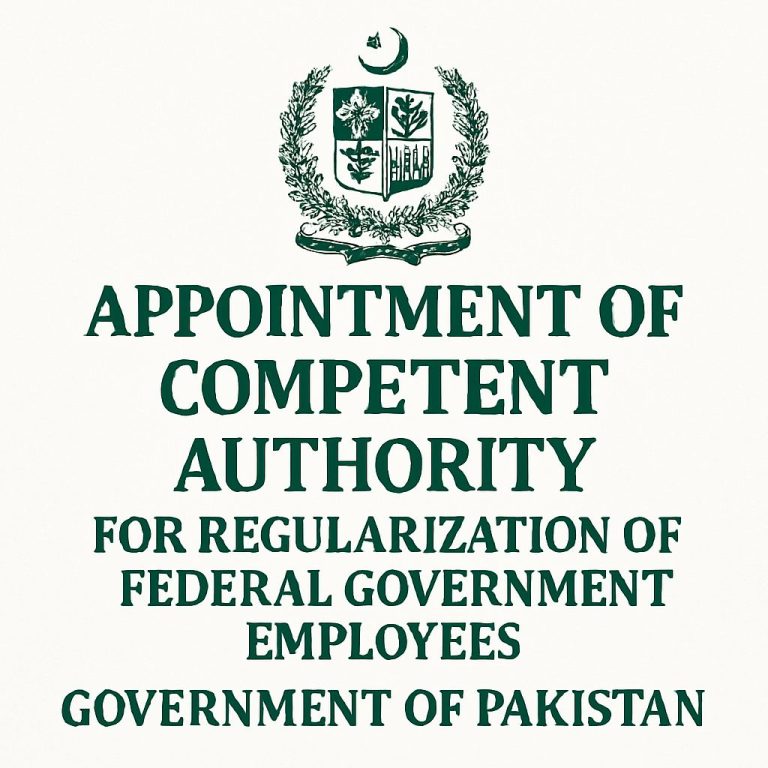
The Kashmir conflict between India and Pakistan has reached a critical juncture in 2025, following a deadly terrorist attack in Pahalgam that claimed the lives of 26 tourists. The incident has intensified long-standing tensions, leading to diplomatic breakdowns, military skirmishes, and international concern.
The Pahalgam Attack
On April 22, 2025, armed militants attacked tourists in the Baisaran Valley near Pahalgam, resulting in 26 deaths and over 20 injuries. The Resistance Front (TRF), an offshoot of the Pakistan-based Lashkar-e-Taiba, claimed responsibility. India accused Pakistan of supporting the attackers, a claim Islamabad denies, calling for a neutral investigation.
Diplomatic Fallout
In response, India expelled Pakistani diplomats, suspended visas, closed borders, and withdrew from the Indus Waters Treaty. Pakistan retaliated by suspending the Simla Agreement, closing its airspace and trade routes to India, and expelling Indian diplomats. These actions represent an unprecedented breakdown in bilateral relations.
Military Skirmishes
Skirmishes along the Line of Control (LoC) have intensified, with both sides accusing each other of initiating fire. Pakistan reported shooting down two Indian drones, while India reported the capture of a Border Security Force soldier by Pakistan Rangers. Both nations have increased military deployments along the LoC, raising fears of a larger conflict.
International Reactions
The United States and United Nations have called for restraint and offered to mediate. U.S. Secretary of State Marco Rubio urged both nations to de-escalate, while UN Secretary-General António Guterres expressed deep concern over the rising tensions.
Conclusion
The 2025 Pahalgam attack has brought India and Pakistan to the brink of conflict, highlighting the fragile nature of peace in the region. The international community’s involvement is crucial in preventing further escalation and promoting dialogue between the two nuclear-armed neighbors.



